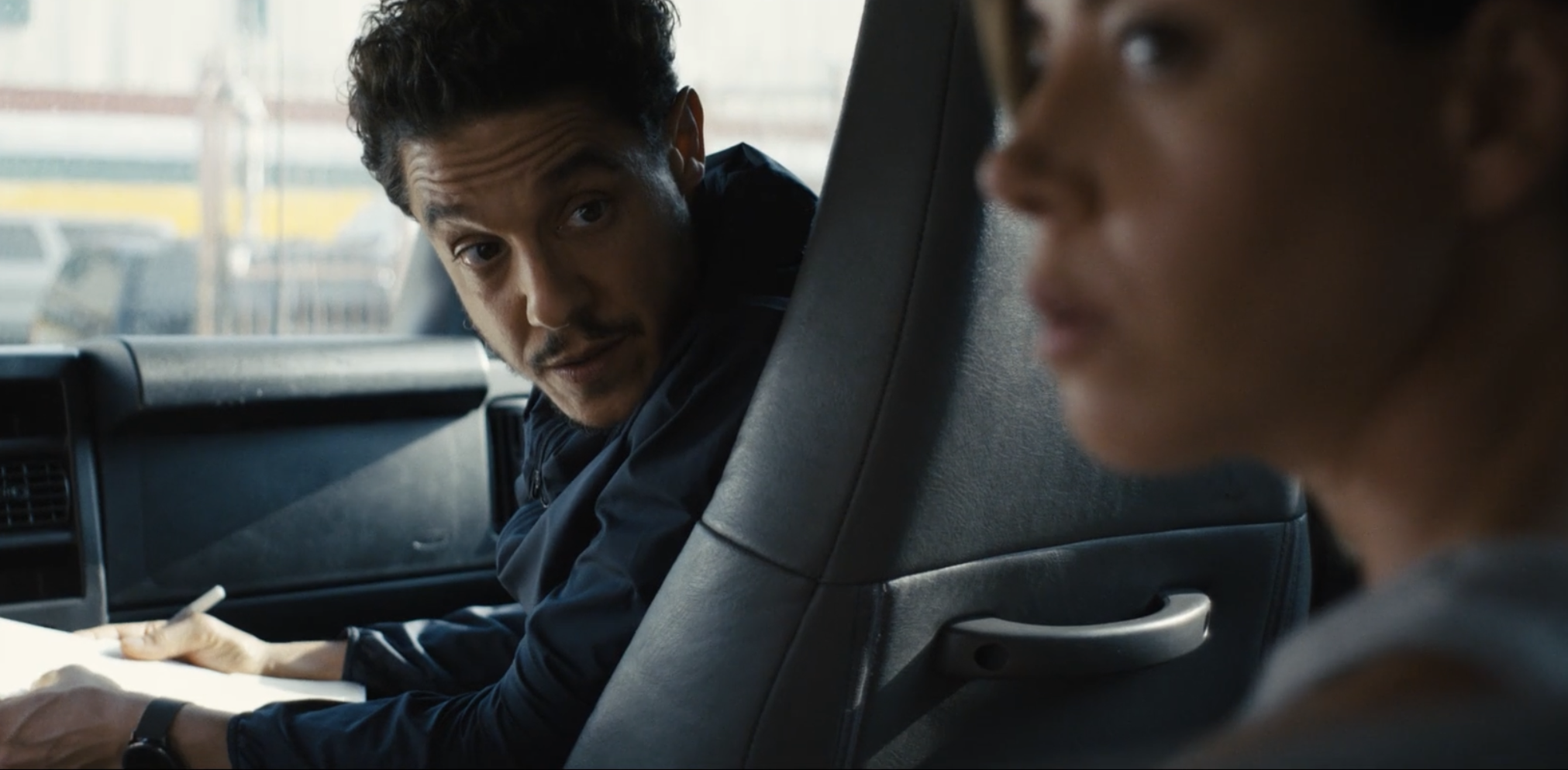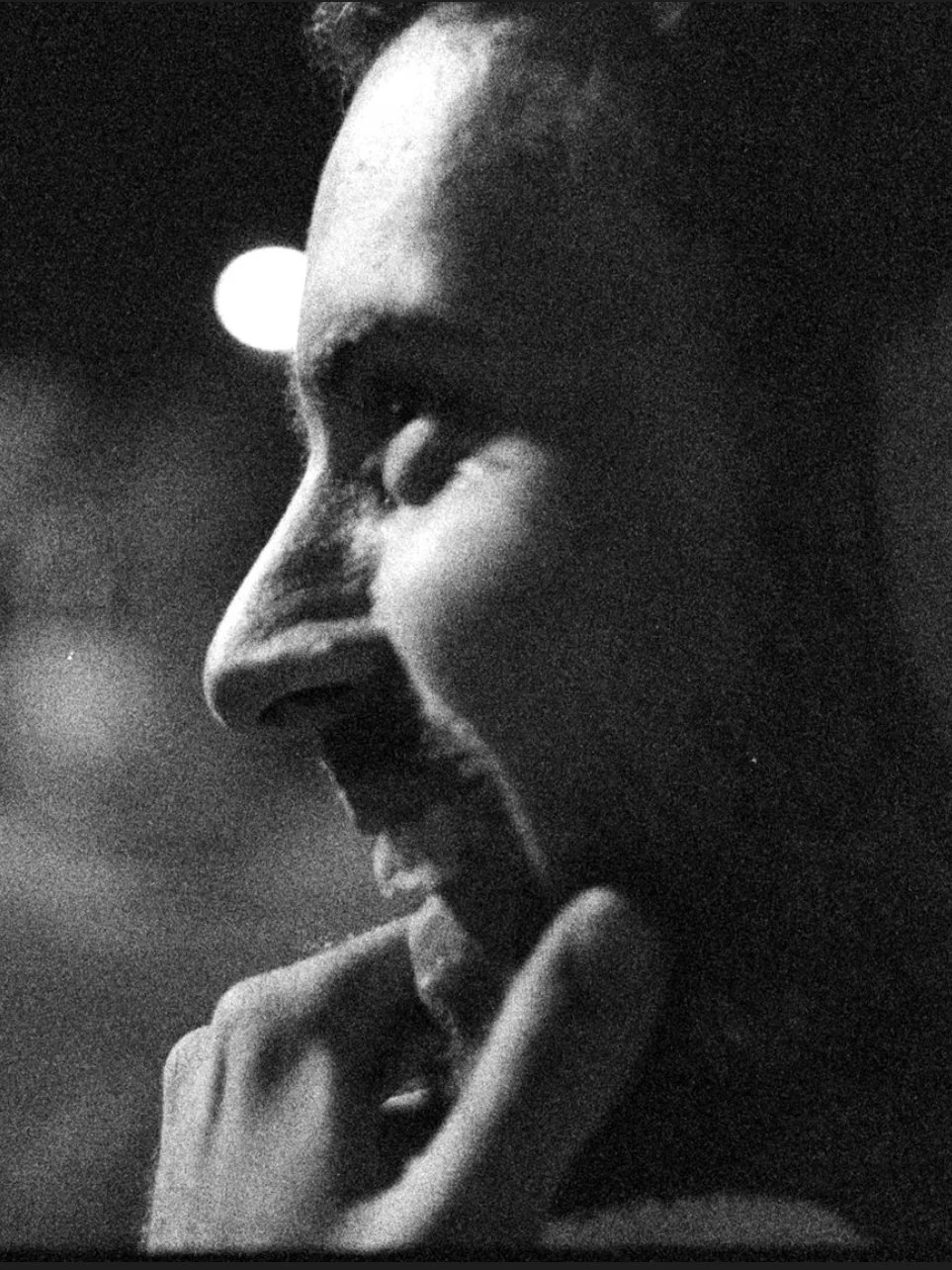Emily the Criminal Review: Not Even Aubrey Plaza Can Save This Uneven Story
Besides romcoms, one of my favorite genres to watch are crime dramas. There's a great feel to them that is irresistible to me. The Batman allowed a deeper look into the man behind the mask, Bruce Wayne. Zola showcased how one decision could completely change the course of your life. Candy delved into true crime to discuss the profoundly twisted events that caused Candy Montgomery to snap. Promising Young Woman portrayed a woman on the road to revenge and healing. Hell or High Water portrayed two brothers trying to save their family farm. Kajillionaire portrayed the life of the daughter of two con artists who wants to have a "normal" life.
The thing I love the most about all of these is the great feel and the inherent psychology and sociology behind these stories. As many of you know, that's the one thing that will pull me into a film - even if I'm not interested in any other aspect of the film.
So, when the Sundance Institute announced that John Patton Ford's second film, Emily the Criminal, would premiere at the 2022 Sundance Film Festival, my interest was immediately piqued - primarily since it featured Aubrey Plaza in a rare dramatic role. Even better was that she was playing Emily, someone cornered by student debt & unable to have a career due to her criminal record.
Suffice to say; the ingredients were all there to make for an incredible crime drama. However, as the headline suggests, that wasn't the best part of Emily the Criminal. Instead, the performances, cinematography, and costume design are the film's best parts.
The main cast is Aubrey Plaza as Emily, Theo Rossi as Youcef, Megalyn Echikunwoke as Liz, and Gina Gershon as Alice.




With Emily, Aubrey Plaza does a great job convincing the audience that Emily is capable of the criminal activity depicted in the film without skipping a beat. Plaza plays her as a character with two identities. In her everyday job as a caterer, Emily comes off as a brash but ultimately meek person who will fold when challenged. The audience can dig deeper into the more profound questions of Emily's identity as a person and how she is forced into a corner by the world around her in Plaza's first persona, highlighting the class gap between those with and without a criminal record.
However, as the film progresses, Emily develops a separate persona where she becomes bolder and bolder. Unfortunately, the more we dive into this persona, the film loses the nuance that made Plaza's performance so intriguing.


On the opposite side, Theo Rossi's character, Youcef, gets more intriguing as we learn about him. Youcef is a middleman who runs a sketchy underground operation that employs dozens of folks as "dummy shoppers," who buy goods with stolen credit cards he provides to them for reasons that aren't entirely clear.
Despite this, Rossi plays Youcef as a nice guy. There are so many opportunities where Rossi could play Youcef as this big and intimidating crime lord, like so many crime dramas often do. But instead, the audience gets to see Youcef open up more and more to the point where I constantly remind myself that Youcef is enabling some dangerous behaviors despite his good intentions.
Two performers who aren't in it as much but deserve special attention are Megalyn Echikunwoke and Gina Gershon.
Echikunwoke plays Liz as the one person who has always believed in Emily. Even after it becomes clear that Emily is beyond the point of no return, Liz still believes in her, despite her choices. Through her relentless optimism about Emily, she becomes one of the essential characters in the film, as she serves as a sharp divide between Liz and Emily.
Someone with even less screen time is Gina Gershon's character, Alice. Gershon is only in the film for a few minutes, so, oddly, Roadside Attractions & Vertical Entertainment is calling her role a starring role, but she's a big name, so I get it. Her character, Alice, avoiding spoilers, is the ultimate facade. She is everything Los Angeles represents - the good and the bad. Gershon is great here because she plays it straight instead of wacky.
Director John Patton Ford
Copyright Roadside Attractions/Vertical Entertainment
Speaking of, a more prominent reason as to why Emily the Criminal works so well is writer-director John Patton Ford's direction. He constantly makes the least obvious decisions when telling the story and how to portray these characters. As well as that, John Patton Ford writes the dialogue in a way so that it feels like a tug-of-war between the characters.
However, for every great decision John Patton Ford makes, there is an abundance of head-scratching decisions. There are questions we never get a chance to learn the answers to. Usually, I would say that these answers aren't necessary, but these questions are fundamental to who these characters are and what drives them.
Another questionable decision made by John Patton Ford is a sudden shift in tone. As there's no apparent setup, the change in tone appears out of nowhere, and the film runs with it for quite some time before reverting to its initial tone.
During this time in the film, the film suffers from severe pacing issues. The film screeches to a halt for about twenty-five minutes instead of creating the brisk pace it set out to achieve at the start. In the following scenes, John Patton Ford fast-forwards through the movie and careens towards its conclusion.
Unlike my usual reviews, I want to say very little about the story of Emily the Criminal. It's a story that is best experienced without any context other than the following synopsis: Saddled with student debt and unable to find work, a college graduate becomes involved in a credit card scam, acting as a dummy shopper and buying increasingly risky products with stolen credit cards.
Something rare here is Nathan Halpern's score, or rather, lack of one. At least that's what it feels like. Throughout the 97-minute runtime, Halpern's score is barely audible or, at most, barely noticeable. Instead, ambient noise such as pots moving around or background chatter fills the entire soundscape of each scene. That is until we get to the high-octane moments where the strings & drums kick into high gear to invoke the feeling of what one would expect from a crime drama such as this. This absence of a score helps Emily the Criminal create a world in which you're paying much more attention to the performances and immediately grabs your attention while not being in your face about it.
In addition to the beautiful ambient score, there are songs from Lusine, Soulchef, The Creatures, Dur-Dur Band, and more to infuse the world of Emily the Criminal with mostly indie pop tracks, with a sprinkling of other genres throughout, like classical music from Antonín Dvořák or Latin Reggaeton from Tal Bergman and Guillermo Pascual.
The score from Nathan Halpern and music from various artists on the soundtrack creates a world that feels lived in and with a personality that doesn't distract from the film.
Continuing with restraint, the director of photography, Jeff Bierman, creates a unique feel to the film, with a shallow depth of field to give the film a suffocating feeling. In addition, Bierman never includes the character's full face or body in the frame, choosing only medium shots or narrower shots. As a result, the cinematography is genuinely fascinating. It knows what it wants and goes after it.
Amanda Wing Yee Lee's costumes are equally impressive. For example, Emily is always seen in a blouse/semi-formal wear while Youcef wears t-shirts or casual wear. This decision allows the viewer to make specific observations about either character, ask questions and come up with answers to those questions.
So, if you're in the mood for a crime drama with great performances and social commentary and are willing to overlook pacing problems, check out Emily the Criminal. I hope that you will like the film much better than I did.
★★★
Emily the Criminal is now in limited theatrical release courtesy of Roadside Attractions & Vertical Entertainment.
Until next time!
Thanks to Thomas Stoneham-Judge from Movies For Reel, Shane Conto, Joseph Davis, David Walters, Ambula Bula, Matthew Simpson, Thom Blackburn, Aaliyah, and Libby Stephenson, for supporting Austin B Media on Patreon!


